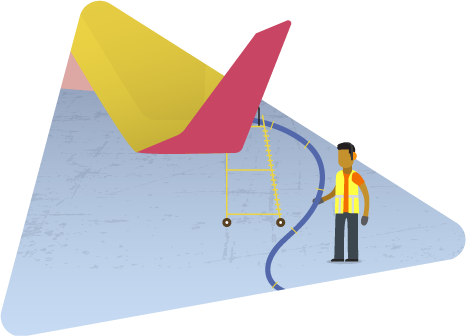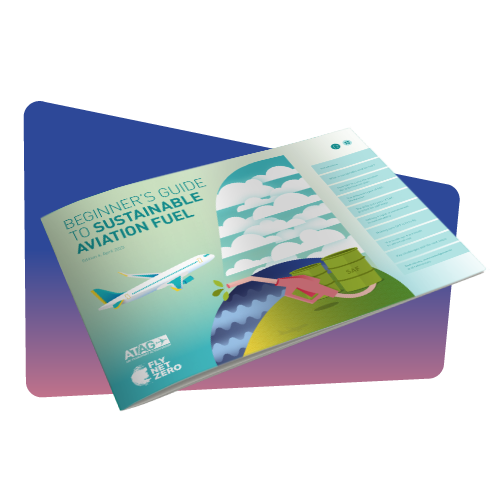Sustainable aviation fuel – or SAF - provides the aviation industry with an alternative energy source, enabling it to reduce its carbon footprint and dependence on fossil-based fuel sources. SAF is a safe replacement and almost chemically identical to traditional jet fuel.
Sustainably produced alternative jet fuel can reduce emissions by up to 80% today across the lifecycle of the fuel, with a 100% reduction possible in the future.
SAF will play a key role in achieving the industry’s goal of net-zero carbon emissions by 2050.
Since the first biofuel test flight on a commercial aircraft in 2008, there has been a huge amount of work by the industry and our partners. Certification of SAF through the global fuel standards agency - ASTM International - has allowed around three quarters of a million flights to take place using SAF / traditional fuel blends since 2011.
View the sustainable fuel conversion calculator.





